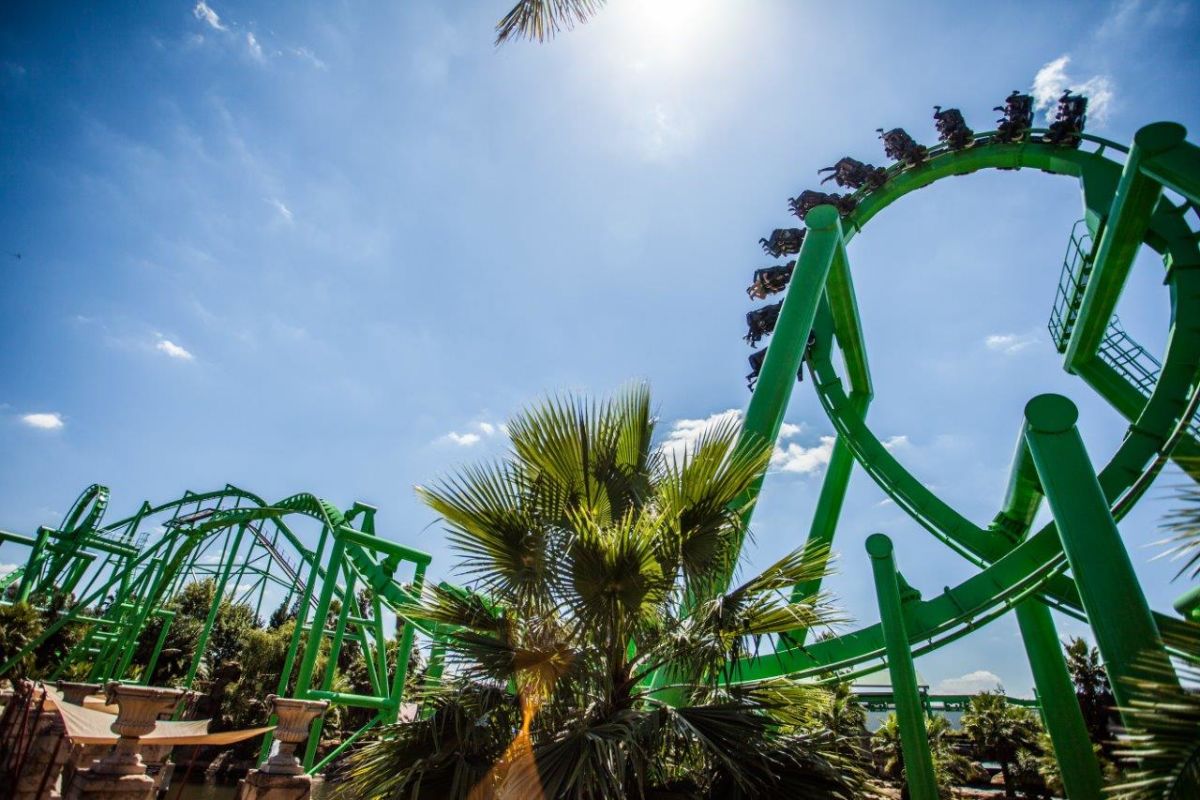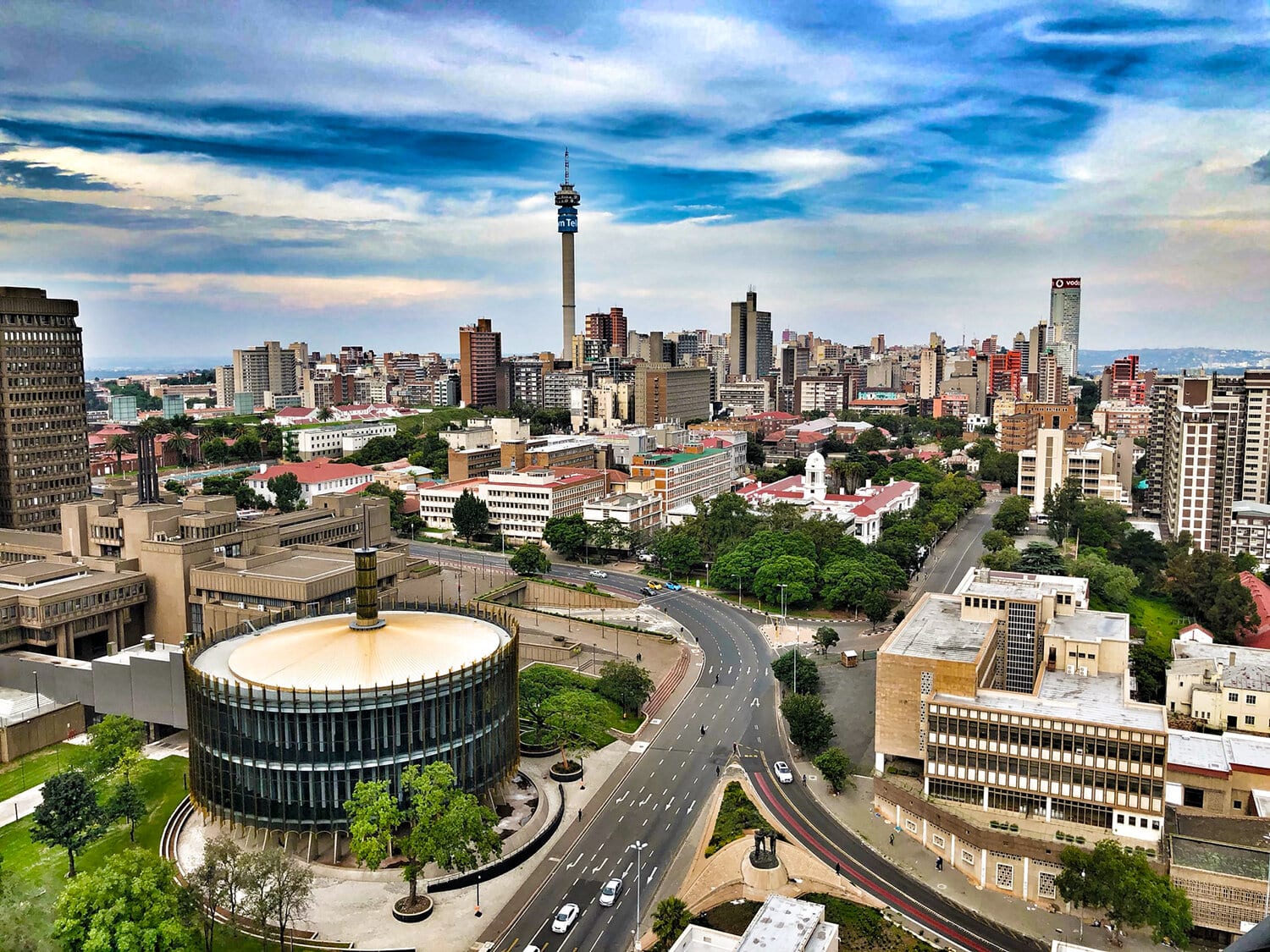Johannesburg North Attractions - Questions
Johannesburg North Attractions - Questions
Blog Article
Not known Facts About Johannesburg North Attractions
Table of ContentsAll about Johannesburg North AttractionsThe 6-Second Trick For Johannesburg North AttractionsThe Only Guide for Johannesburg North AttractionsThe smart Trick of Johannesburg North Attractions That Nobody is Talking AboutThe Definitive Guide for Johannesburg North AttractionsThe Ultimate Guide To Johannesburg North AttractionsJohannesburg North Attractions Can Be Fun For Anyone
You should maintain protection in mind and visitors need to stay alert at all times when in unfamiliar environments. Talk with the citizens when you remain in town to learn about the location you are remaining in. Johannesburg North attractions. When on the road (this doesn't apply to mall and other safe environments) ideal basic guidance is to try your ideal to appear like a local and to stay clear of presenting any type of riches
What Does Johannesburg North Attractions Do?
Teacher Revil Mason O. J. (Thomson, 1946) discovered the Witwatersrand's pre-colonial history. His historical job took off the 'em pty land' myth, according to which the area was without human habitation before the arrival of European inhabitants. In his magazines Prehistory of the Transvaal: A Record of Human Activity (1962) and Origins of Black Individuals of Johannesburg and the Southern Western Central Transvaal Advertisement 3501880 (1986 ), Teacher Mason demonstrated the level of social and economic growth in the location before Europeans set foot here.

How Johannesburg North Attractions can Save You Time, Stress, and Money.
In 1878, David Wardrop found gold in quartz blood vessels at Zwartkop, north of Krugersdorp. In 1881, Stephanus Minnaar came across gold on the ranch Kromdraai, near the Cradle of Mankind.
In March 1886, a protrusion (quickly to be called the Main Reef) was discovered, rather fortuitously, on Gerhardus Oosthuizen's ranch Langlaagte. Some state that the Lancastrian coal miner George Walker found this reef. One more travelling English prospector, George Harrison (that had previously operated in Australian mines) obtained a prospecting licence in respect of Langlaagte in May 1886.
He made a decision to go on in a quest for greener pastures, and disposed of his Langlaagte claim for the princely sum of 10. Alas: underneath lay the wealthiest goldfield ever before discovered. The exploration of this abundant auriferous reef provoked a gold thrill that signified completion of agrarian serenity in the southern Transvaal.
It would, within six years, end up being the largest community in southern Africa. Within a decade, it would certainly make the Z. A. R. until then an anarchical and insolvent little her response state the richest country in Africa. By the turn of the century, the Z. A. R. was to surpass Russia, Australia and the United States of America to become the globe's leading gold producer, producing greater than a quarter of the globe's gold.
A Biased View of Johannesburg North Attractions
It was called Ferreira's Camp, called after Colonel Ignatius Ferreira. He was a Boer adventurer upon whom the British authorities had presented the status of Companion of one of the most Identified Order of St Michael and St George (qualifying him to the post-nominal letters C. M. G.) in gratitude for his function in the battle that had deposed the Pedi king Sekhukhune in 1879.
Two various other camps were developed: Meyer's Camp on the farm Doornfontein, and Paarl Camp. The latter was nicknamed Afrikander Camp; lots of individuals from the Cape Colony worked out there.

Get This Report on Johannesburg North Attractions
This name gained money by word of mouth, such that the State Assistant verified the name to the Mining Commissioner on 9 October 1886. Stands in the town were auctioned on 8 December 1886. While some stands were offered for 10, others were torn down for as low as sixpence.
2 years later, these erven were to change hands for as long as 750 each. The tented camps decreased as a dorp of corrugated iron structures created and expanded north of the mines situated along the Key Coral Reef Road. Locations such as Jeppe's Town (where working-class immigrants erected their houses) and Doornfontein (where the upscale brand-new 'Randlords' started to construct their extravagant houses) were quickly contributed to the ever-expanding map of the town.
The Facts About Johannesburg North Attractions Revealed
Aside from the street names, there were no indicators of Johannesburg being situated in a Dutch-speaking country. Several years later, C. W. Kearns O. J. (among the initial kids signed up at St John's College in 1898) would recall: 'An unusual reality about Johannesburg was that, although it was in the [Boer Republic], almost everybody spoke English and also the Government slaves dealt with one in English, unless they were check my source very first attended to in the Taal (or Low Dutch)'.
Therefore, Britain had a rate of interest in ensuring ideal problems for gold manufacturing on the Witwatersrand, which the gold was exported to London instead of Berlin an important provided even more clamant by the Z. A. R - Johannesburg North attractions.'s enhancing toenadering with Germany. Mine owners were on an accident course with Head of state Kruger, whose policy of monopolistic giving ins (frequently granted to his cronies) prevented mining business from obtaining supplies of materials (particularly dynamite) and work on their own, less expensive terms
An Unbiased View of Johannesburg North Attractions
In 1890, the Volksraad had limited the franchise business to white men that had actually lived in the Z. A. R. for fourteen years or longer, thus disqualifying a lot of the immigrants (that occurred to be the major factors to the fiscus). Nevertheless, agitation for the vote was a mere pretext for promoting a various schedule; most uitlanders concerned themselves as momentary visitors and had no purpose of staying in the Z.
Report this page